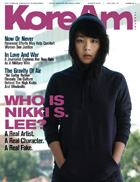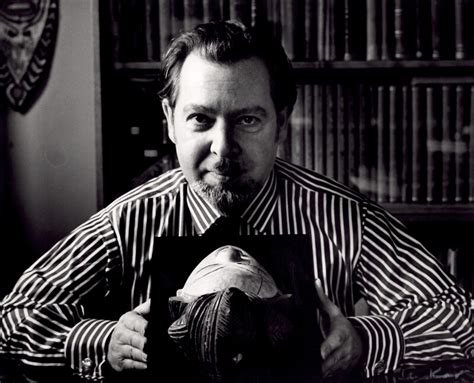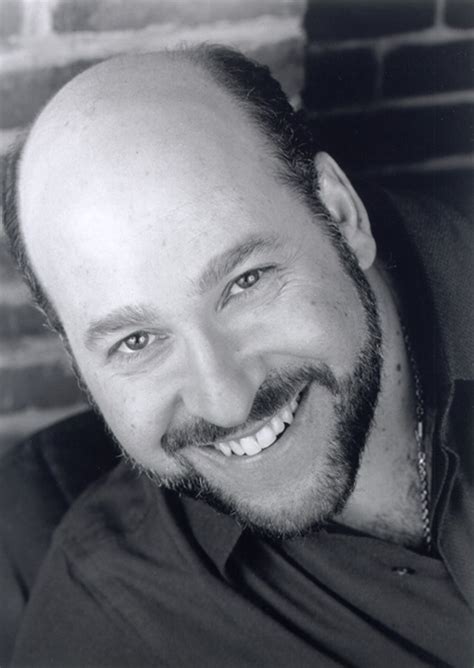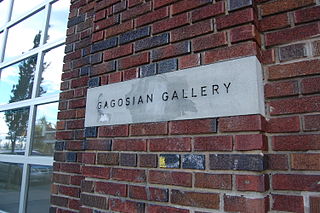A Quote by Wolfgang Tillmans
What most artists using photography feel that they need to do is to show that they are serious, that they are not taking snapshots. To point a camera at something does not qualify you as an artist because everybody has done that.
Related Quotes
I feel more like a creative artist using photography because there's - the digital work is so interesting now. It's come to that. I have had many different stages of photography - there are many different ways to take photos. But I feel now I'm in that stage of my life where I use the camera, you know, in that way.
It's strange. At some point in your career, the situation between yourself and the camera reverses. For a certain number of years, you court it and you need it, but ultimately, it needs you more, and it's a bit like a relationship. The minute that happens, it turns you off... and it does feel like it is taking something from you.
With photography, everything is in the eye and these days I feel young photographers are missing the point a bit. People always ask about cameras but it doesn't matter what camera you have. You can have the most modern camera in the world but if you don't have an eye, the camera is worthless. Young people know more about modern cameras and lighting than I do. When I started out in photography I didn't own an exposure meter - I couldn't , they didn't exist! I had to guess.
There is something abominable about cameras, because they possess the power to invent many worlds. As an artist who has been lost in this wilderness of mechanical reproduction for many years, I do not know which world to start with. I have seen fellow artists driven to the point of frenzy by photography.
I was worried that I, the artist Morimura, would have conflicts with the participating artists and develop a strenuous relationship with them. But the actual experience was completely the opposite. The artists accepted my requests rather positively, because it came from a fellow artist. I strongly feel that the fact that my being an artist avoided the usual curator vs artist tension, and led to creating a positive atmosphere as well as developing a solidarity amongst artists and building a community for artists.
No art takes places without inspiration. Every artist also needs effective knowledge of his or her tools (e.g., does a certain brush function well with a particular kind of paint?). What's more, artists need effective techniques for using those tools. Likewise, to express ourselves skillfully with maximum efficiency and minimum effort, we need to investigate the most effective ways of using the mind and body since, in the end, they are the only "tools" we truly possess in life.
Considering that knowledge of the chemical as well as the optical principles of photography was fairly widespread following Schulze's experiment (in 1725)... the circumstance that photography was not invented earlier remains the greatest mystery in its history... It had apparently never occurred to any of the multitude of artists of the seventeenth and eighteenth centuries who were in the habit of using the camera obscura to try to fix its image permanently.
I think functioning as a business manager can be a hindrance to having a real dialogue with the artist. I do think that artists need good lawyers and accountants, because they're dealing with serious money. But an artist who stands behind a manager? That's a little different. I think that can be a bad buffer.
I chose makeup over photography because there was something very sensual about makeup that I loved. But photography was always in the back of my mind. That was always something that I was very connected with: looking at magazines, enjoying photography, and then taking pictures myself when I was a kid.
The artists who have inspired me the most in my life are the ones who have really had something to say and stand up for. That, to me, is part of being an artist-having the voice to express things that need to be verbalized and brought to light. Unfortunately, I don't think that's a priority for people, because the few artists who do have the nerve to take a stand for what they believe get shut down in a way.
Photography today is accomplishing a lofty mission in which every German should collaborate by buying a camera. The German people is ahead of every other in the technical domain and, thanks to its exceptional qualities, the small camera has conquered the whole world... Much is at stake here from the point of view of popular consumer goods and, furthermore, photography has a particularly important political role to play. (Addressing the Berlin Photography Fair, 1933)
I own a few thousand snapshots, which is small by the standards of most collectors I know. I generally only buy photos I think I may actually be able to use in a book one day. I need that focus when buying, because without it I'd just buy everything and my house would be overrun with bucket loads of snapshots; there are just too many beautiful images in the world, and I'd need to own them all.



































